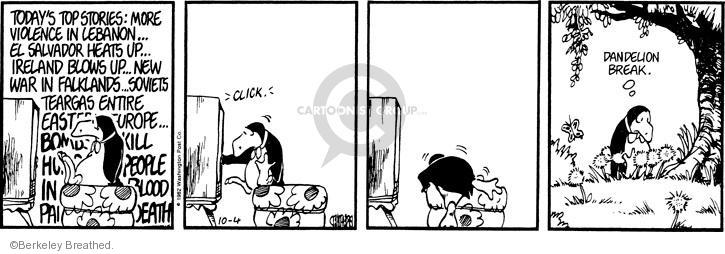The title of this post refers to a very well known line from John’s Gospel:
“Greater love hath no man than this, that a man lay down his life for his friends.”
The surrounding lines provide a bit of context – it’s part of a statement made by Jesus, shortly before he goes in to the Garden of Gethsemane where he’ll be betrayed by Judas.
“This is my commandment, That ye love one another, as I have loved you. Greater love hath no man than this, that a man lay down his life for his friends. You are my friends, if you do whatsoever I command you.”
The call to selflessness has become culturally associated with the military services, and the phrase is often used with regard to people who have died in the heat of battle, sacrificing themselves for the benefit of others around them.
But I also associate this line with a fictional story.
I enjoy the James Cagney gangster movies from the 1930s, particularly the two he did with Humphrey Bogart; ‘The Roaring Twenties’ and ‘Angels with Dirty Faces’. In the latter, Cagney plays a gangster, Rocky Sullivan, released from jail and owed money by Bogart’s character, Jim Frazier, who collaborated with Sullivan on a bank raid. Sullivan took the rap, in return for the money to be paid to him after his release. Sullivan also has a friend in the local Catholic pries, Jerry Connolly. As boys, both Rocky and Jerry carried out a robbery together but only Rocky was caught, and sent to reform school, where it might be argued his criminal career began. Jerry was a faster runner, and became a priest.
Jerry coaches a group of boys playing basketball, who rapidly become impressed with Rocky’s charm and bravado, and his courage and general approach to life. Jerry is concerned that this may lead the boys in to a life of crime.
To cut to the chase, Frazier double-crosses Rocky, and Rocky ends up in a gun fight in which he kills a policeman, which ultimately leads to Rocky being on death row, awaiting execution.
The boys are convinced that Rocky will die like he lived – a hero, going to the electric chair with swagger and bravado. Jerry goes to see Rocky and asks him to go to the chair ‘as a coward’, with the hope that the boys will lose all respect for him and not set out on a life of crime as they try to emulate their hero. Rocky refuses.
However, when he’s taken in to the execution chamber to be executed, he begs and weeps and fights against the guards. His courage and bravado are gone; he goes to his death in an undignified and cowardly manner, pleading for mercy. Jerry, who’s present in the role of Rocky’s priest, prays as the execution takes place. The boys later read the headlines that Rocky died a coward, and ask Jerry whether it was true. After a brief pause, he tells them that it was all true. The boys lose respect for Rocky; it’s hoped that they will steer away from crime.
Whether Rocky was acting the part of a coward, or whether he really did ‘break’ at the end isn’t revealed in the film. In later life, Cagney kept quiet about it as well. I saw this film first time around in my early teens, watching it one Sunday afternoon with my parents, and I couldn’t quite work out myself whether Rocky was acting or not. I got the feeling that Jerry thought that Rocky had done the right thing, though – that moment of pause when the boys asked whether whether the newspaper story was true seems to suggest he was wondering whether to tell ‘the truth’ or the truth.
As I’ve gotten older, I’ve come to think that Rocky DID do the good thing – he made whatever sacrifice he could at the end to help his friend. His life was already forfeit, so he gave up his character, his dignity, his courage; he gave up the rest of him, so to say.
As for Jerry, the older I’ve got the more I have to ask ‘Was it too great a thing to ask of Rocky? After all, but for your ability to run faster, you might have followed a similar life. You asked of him to give away the very thing that made Rocky, Rocky, in the eyes of the world. That was a great deal to ask. Was it too much to ask?’
I’ve not yet got an answer for that one.
Fiction allows us to explore complex morality at ‘low cost’ – this film has stayed with me for my whole adult life. I occasionally watch it when it’s on TV to see if I can gain some more insights; I know, it sounds daft trying to pick out morality from a film that’s almost 80 years old, but sometimes we need fiction to allow us to answer some of the big questions.
For a fuller description of the plot, take a look here.

